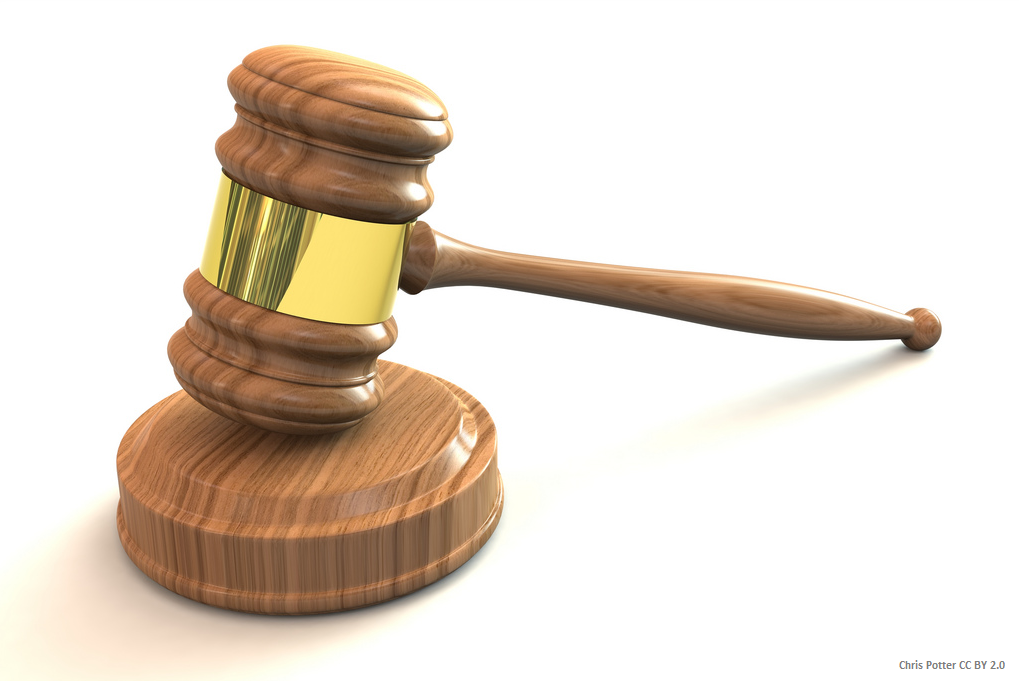Private profiles in public places
by Digital Rights LAC on October 29, 2014
by Dennys Antonialli*, Francisco Brito Cruz** and Mariana Giorgetti Valente***
Imagine a world that when you are involved in a lawsuit a judge can, before making a decision, check your profile on social networks. Who your friends are, what places you usually go to, your pictures at parties, comments on memes and pages you liked. Let’s say that the judge can do it whenever he or she wants, since it would be helpful to analyze who you are, if you are telling the truth and thus make a decision based on more information.
This reality is not far away. Recently, the judge Marcus Vinícius Pereira Júnior, of the jurisdiction of Cruzeta (RN), denied a court fee exemption request (based on claim of poverty) made by a citizen, after searching and checking her profile on Facebook. Based on her pictures and posts on the social network, he concluded that she could afford the amount to be paid to the court.
According to the decision, “by making public her presence at the ‘big event of Jorge e Mateus with friends at the rodeo in Currais Novos” […] “as well as happy AND EXPENSIVE moments, watching 2014 FIFA World Cup matches”, this person would not be “concerned to support her family”. She was also convicted of bad faith – which means she was issued a penalty for her request by the judge, considering the applicant was supposedly trying to deceive the court.
At first it may seem that the judge had a good idea. He gathered more elements and this allowed a “more fair” decision. However, there are some reasons why such practice is understood as inadmissible and objectionable.
The first one is of legal nature. It is true that the law grants authority to a judge to ask on his or her own discretion that specific evidences are produced (raised and taken to the court), when they are difficult or expensive to be obtained otherwise. The judge can, either because a party to lawsuit asked or he or she considers important (by means of an official letter), determine that such evidences are produced or the judge can produce them – investigating “people or things”, for instance.
But in cases like these the request must always follow a formal procedure, ensuring both parties the right to provide clarification and make remarks they consider relevant (Art. 440 and 442 of the Civil Code of Procedures).
This is a guarantee for parties to respond to such evidences and provide their interpretation before the judge makes his own judgment. Everyone has the right to present a context and give an explanation to the judges on facts that come up during a lawsuit. Those rights of providing a version and being able to refute the other party’s argument are called defense.
The second reason is related to how we use the social networks. We all know that people usually reveal only some of their aspects on their profiles. By choosing pictures and moments to be shared, we frequently hide weaknesses or difficulties. We sometimes want to show something we are not.
And there is no problem to do so. The issue is when those parts of our lives start being used a perfect reflection of them. The worst – without having the right to even express ourselves about it. Besides, what else my profile might reveal? What if the magistrate finds an enemy in my friends list? What if he or she finds out we have different political views? What if he or she assumes I am irresponsible for the groups I belong or places I go? All this can be a bias and influence him or her against me.
But it happened before the social networks. Body language during a hearing, the way of speaking or even how someone dresses are examples of subjective aspects that might eventually impact on a decision. The difference is that in such cases we had some control over what the judge was observing. In case of social networks it works as if the judge had checked the citizen’s life outside the proceedings, out of the person’s view, outside the court.
This can become particularly worrying if it is done secretly — if magistrates, when checking the profiles of parties before making a decision, do not give the possibility of clarifying, or at least refuting the conclusions made due to such analysis.
However, it should be reminded that judicial snooping can only be done if all our information on the Internet is publicly available to all users. The default on Facebook, for example, is that everything on our profiles are public at first. It means that if we do not change our privacy settings, anyone will be able to have access to our pictures, posts and friends list. Restricting access to such information only to our friends or friends of friends can be a way to try to be protected from a “surprise official visit” to our profiles.
Today, we know that virtual presence is an easy source of information about people. There are several cases of employees fired after disclosing on Internet that they lied about not going to work. Employers who — during selection processes — analyze the candidate’s behavior by observing how the person interacts or his or her likes, according to profiles on the social networks.
Who has never searched more on the web about someone that was mentioned in a conversation? If, on one side, people could be more concerned with their own privacy and Internet companies could adopt default settings to avoid such practice, on the other side the Judiciary should also be careful when using those facilitation tools in a procedure that guarantees people’s rights. Curiosity is not always helpful to the Justice.
* President Director at Internet Lab
** Vice President Director at Internet Lab
*** Research coordinator at Internet Lab






